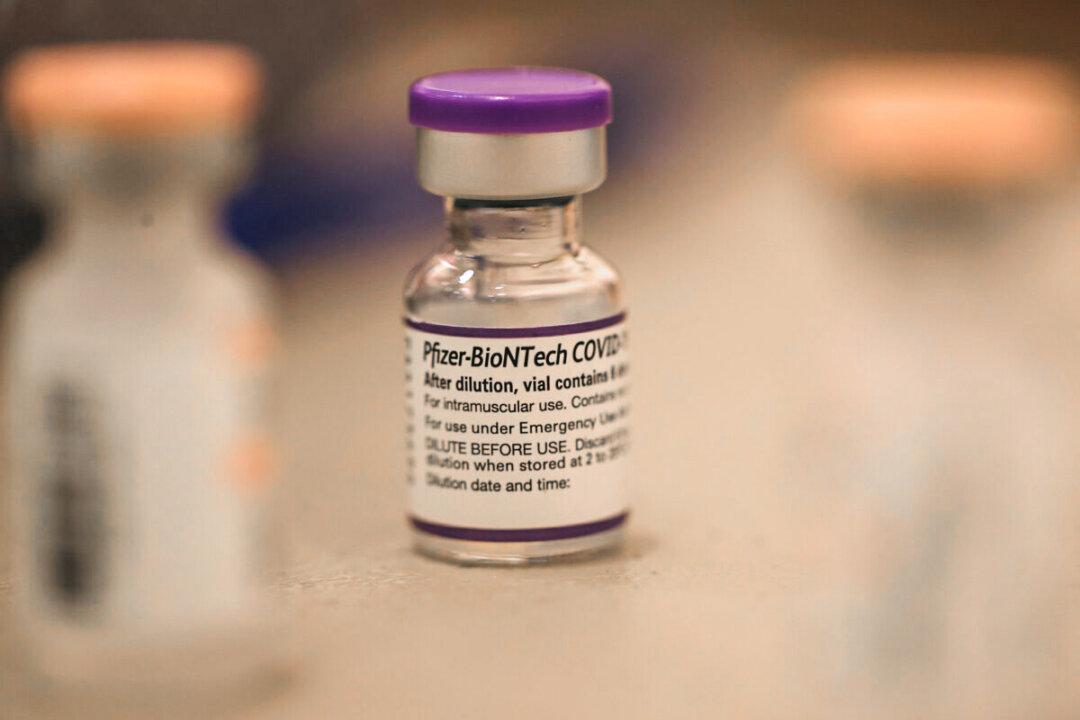Pfizer wants clearance for booster shots of its COVID-19 vaccine for all American adults, the company announced Tuesday.
Rebuffed in September by experts on a Food and Drug Administration (FDA) vaccine advisory panel, the company is trying again, pointing to data from a recent trial examining the safety and efficacy of boosters in a more than 10,000 people 16 or older.





